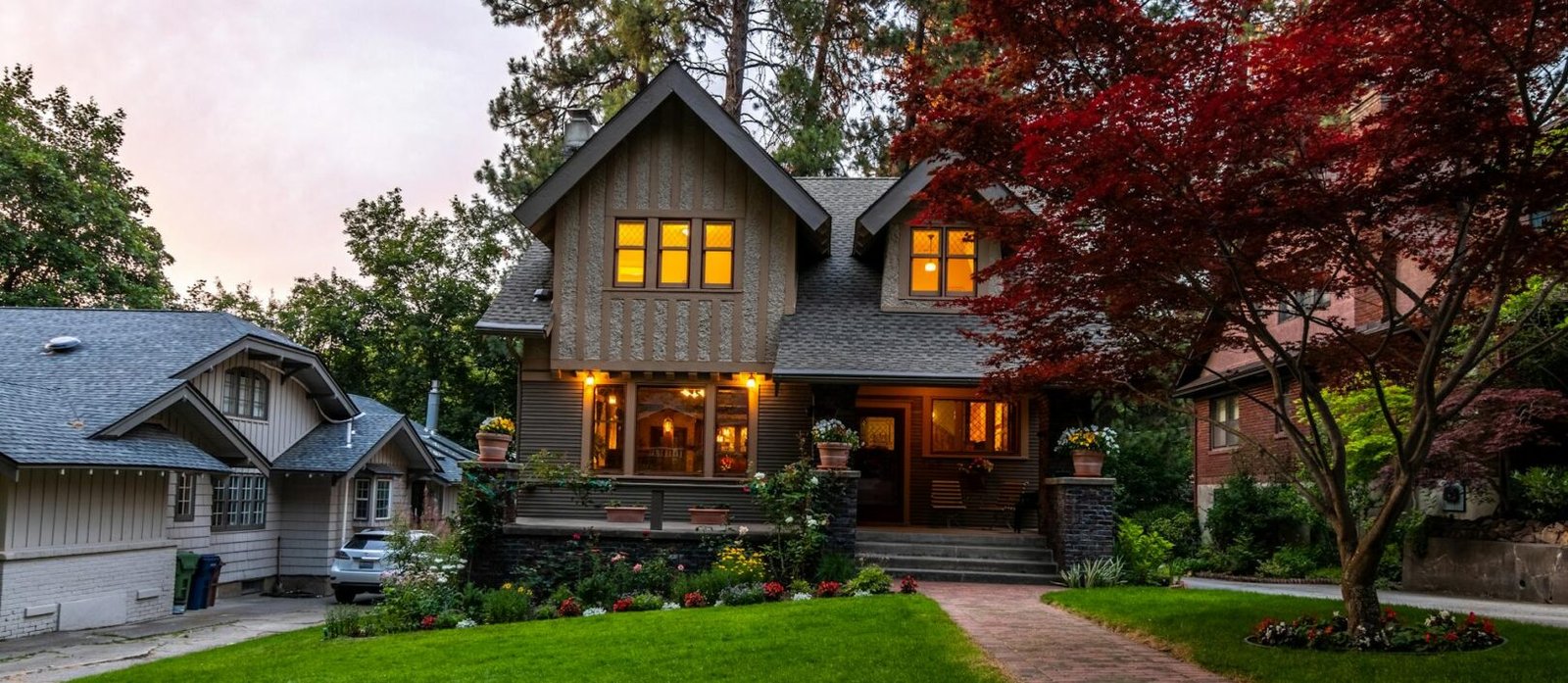 Real estate investments have become a simple, practical, and safe strategy. Despite the economic circumstances, owning real estate represents a greater degree of security compared to other alternatives.
Real estate investments have become a simple, practical, and safe strategy. Despite the economic circumstances, owning real estate represents a greater degree of security compared to other alternatives.
In this blog, we explain all the long-term benefits of buying a house or an apartment.
Ease of financing
One of the main benefits of investing in property is the variety of financing options. Banking entities are willing to finance a large part of the investment, even reaching 80% coverage through mortgage loans.
Immediate income
A property generates long-term value and contributes positively to your personal finances month after month. There are a wide variety of offers to explore, such as cohousing and Airbnb, among others, which represent simple ways to monetize your investment without too many complications or risks.
High profitability
Although profitability varies depending on the type of property you acquire, real estate investments have high annual rates of return. For example, apartments have rates of return that are around 5% annually, which means that the investment pays for itself over approximately 20 years.
Increase in assets
Once you have paid the mortgage loan, the property becomes entirely yours, generating concrete and inheritable assets. This implies permanent flows of money for you and your family, ensuring a solid economic foundation. In addition, expanding or remodeling the property can increase its value.
No or minor devaluation
The current characteristics of the real estate market are constantly growing. When analyzing the powerful evolution of prices in recent years, this fact becomes incredibly noticeable.
 Buying a home is an excellent investment that you should make with the help of a professional. If you need more advice on the topic, do not hesitate to contact us! We will resolve all your doubts so that you can make an intelligent investment. Additionally, To find out more about mortgage loans and accomplish your immediate objectives, we warmly encourage you to click on the image below.
Buying a home is an excellent investment that you should make with the help of a professional. If you need more advice on the topic, do not hesitate to contact us! We will resolve all your doubts so that you can make an intelligent investment. Additionally, To find out more about mortgage loans and accomplish your immediate objectives, we warmly encourage you to click on the image below.
Real estate property—the right that a subject has over a specific property—its ownership and use—assumes a relevant role in urban areas. Although legislation establishes limits to this right and imposes certain duties on the owner regarding the exercise of his powers, in practice, real estate ownership constitutes a fundamental device in capital accumulation processes.
Territories and cities have always been scenes for the accumulation of wealth. However, in the current context, where capital circulates almost without barriers or controls, cities are formed as nodes of economic and cognitive flows that are designed on a global scale, including investments, hierarchies, and powers. Neoliberal capitalism, through the financialization of the economy, puts exchange value before use value and exerts growing interference on urban land and housing. A colonization process that, simultaneously, although with different forms and speeds, is developing in various geographical areas of the world. A practice that, through the interconnection of the multiple actors of the financial system (both the private and public sectors) and the direct relationship of the macroeconomy with individuals and families, penetrates, beyond the physical space, into all layers of the social fabric.

